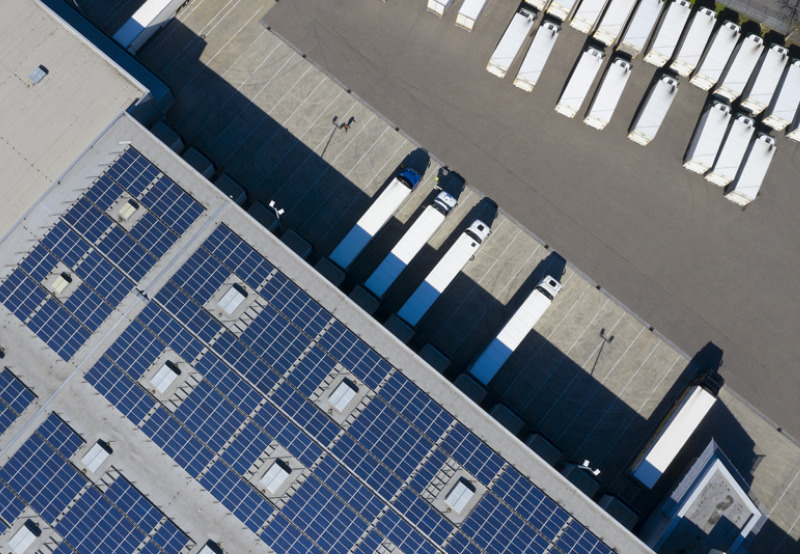The Methane Menace from Wasted Produce
Every year, massive quantities of fruits and vegetables end up wasted. As they decompose, they emit methane, a greenhouse gas 25 times more potent than carbon dioxide. This decomposition accounts for a staggering 8% of global greenhouse gas emissions. Cold storage can significantly mitigate this problem by preserving perishables and reducing the volume headed for landfills.
Cold Storage’s Environmental Footprint
Cold storage, while crucial in combating food wastage, has its environmental burdens. Its high energy demands contribute to carbon emissions. Balancing its role in food preservation and its carbon footprint is vital for the industry.
Transition to Eco-friendly Refrigeration
Innovations in the cold storage industry are paving the way for greener operations. Modern refrigeration systems are now more energy-efficient. Moreover, there’s a conscious shift away from harmful refrigerants, such as HFCs. Environmentally benign alternatives like CO2 and ammonia are gaining traction.
AI & Machine Learning: The Future of Optimization
The next frontier in energy efficiency is technology. By leveraging AI and machine learning, facilities can streamline their operations. Tools like Google’s DeepMind have showcased the possibilities, having slashed energy consumption in cooling processes by 40%.
Renewables: A Breath of Fresh Air
Transitioning to renewable energy sources is pivotal in reducing the carbon footprint of cold storage operations. Increasingly, facilities harness solar, wind, and geothermal energy. Such transitions significantly cut down reliance on fossil fuels, helping curb carbon emissions.
Innovations in Energy Conservation
Beyond just sourcing green energy, the industry is innovating on energy conservation. Techniques like thermal energy storage conserve excess energy for peak demand periods. Meanwhile, waste heat recovery systems capture and repurpose the heat generated, minimizing wastage.
Policies Shaping the Green Transition
Governments play a key role in this green transformation. Around the world, policies aim to phase out damaging refrigerants and champion the adoption of energy-efficient tech. Such initiatives reinforce the industry’s drive towards sustainability.
Concluding Thoughts
Cold storage, at its core, holds the key to two significant climate change challenges: curbing food wastage and reducing carbon emissions. As we grapple with a warming planet, the industry’s innovations and transformations can serve as a beacon of sustainable progress.


Leave a Reply